How to Prepare for a Recession: 5 Things You Need to Know
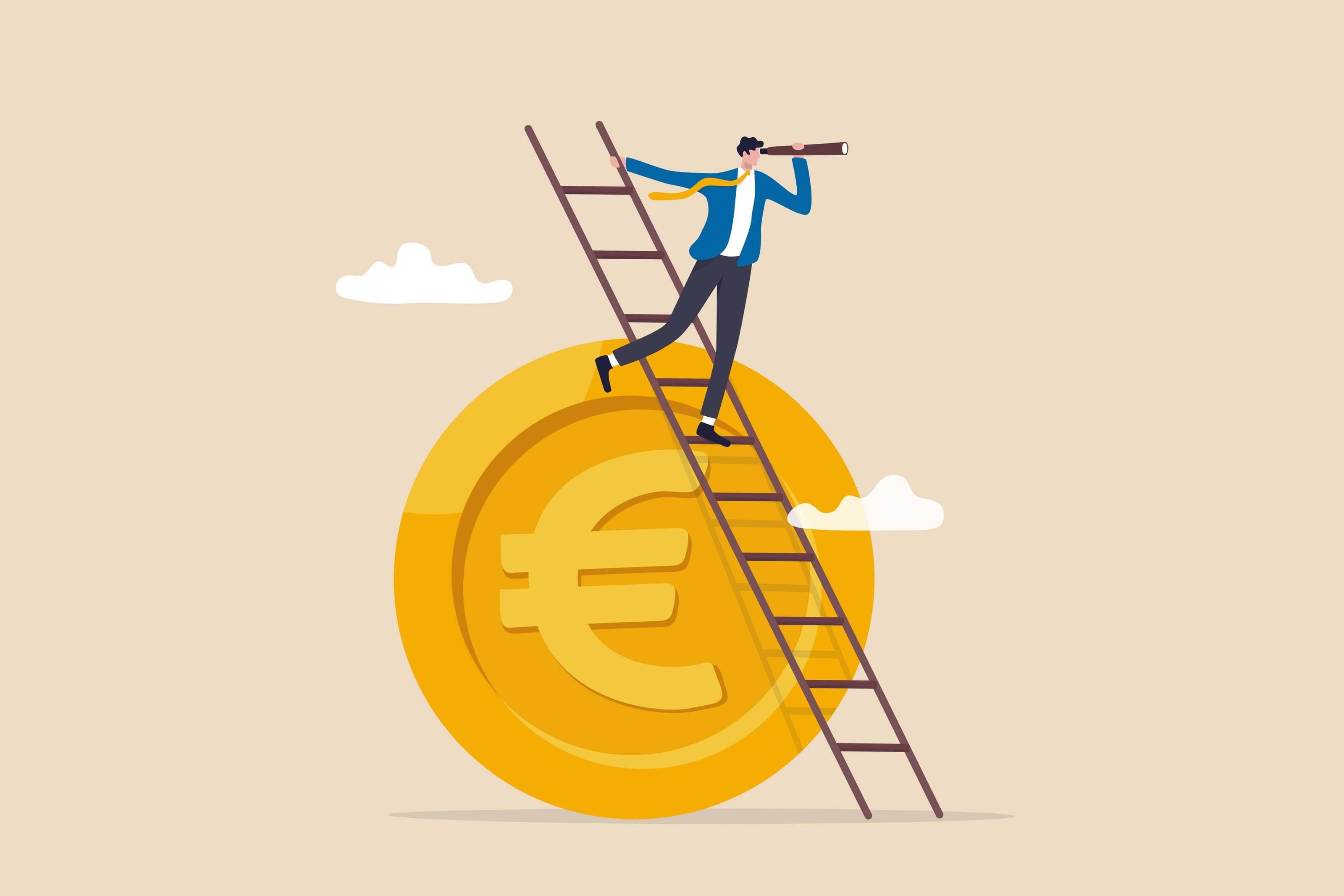
Although economic downturns are a normal part of the economic cycle, you should still be prepared for them when they occur. Here are 5 tips to set you on the path.
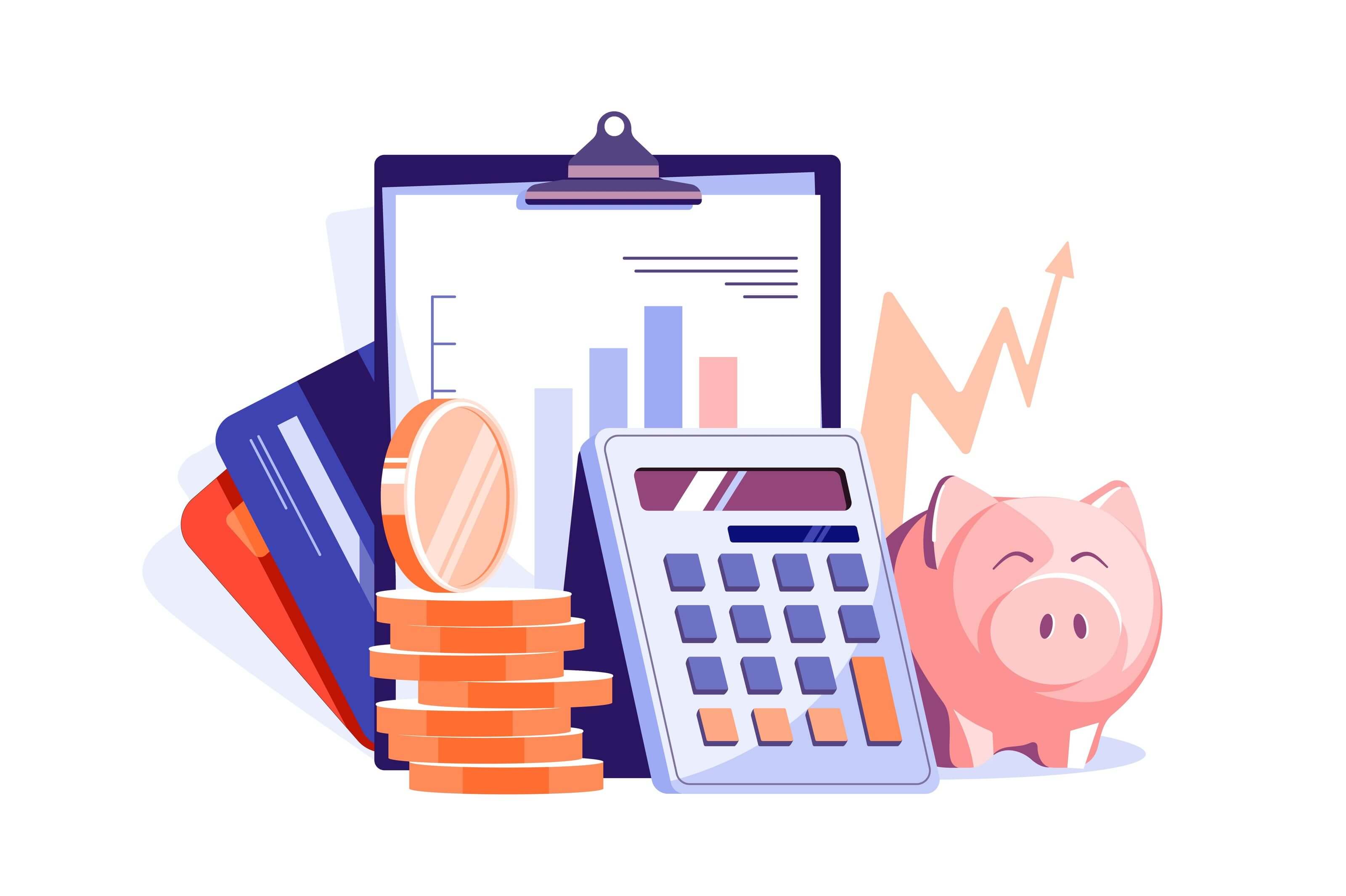
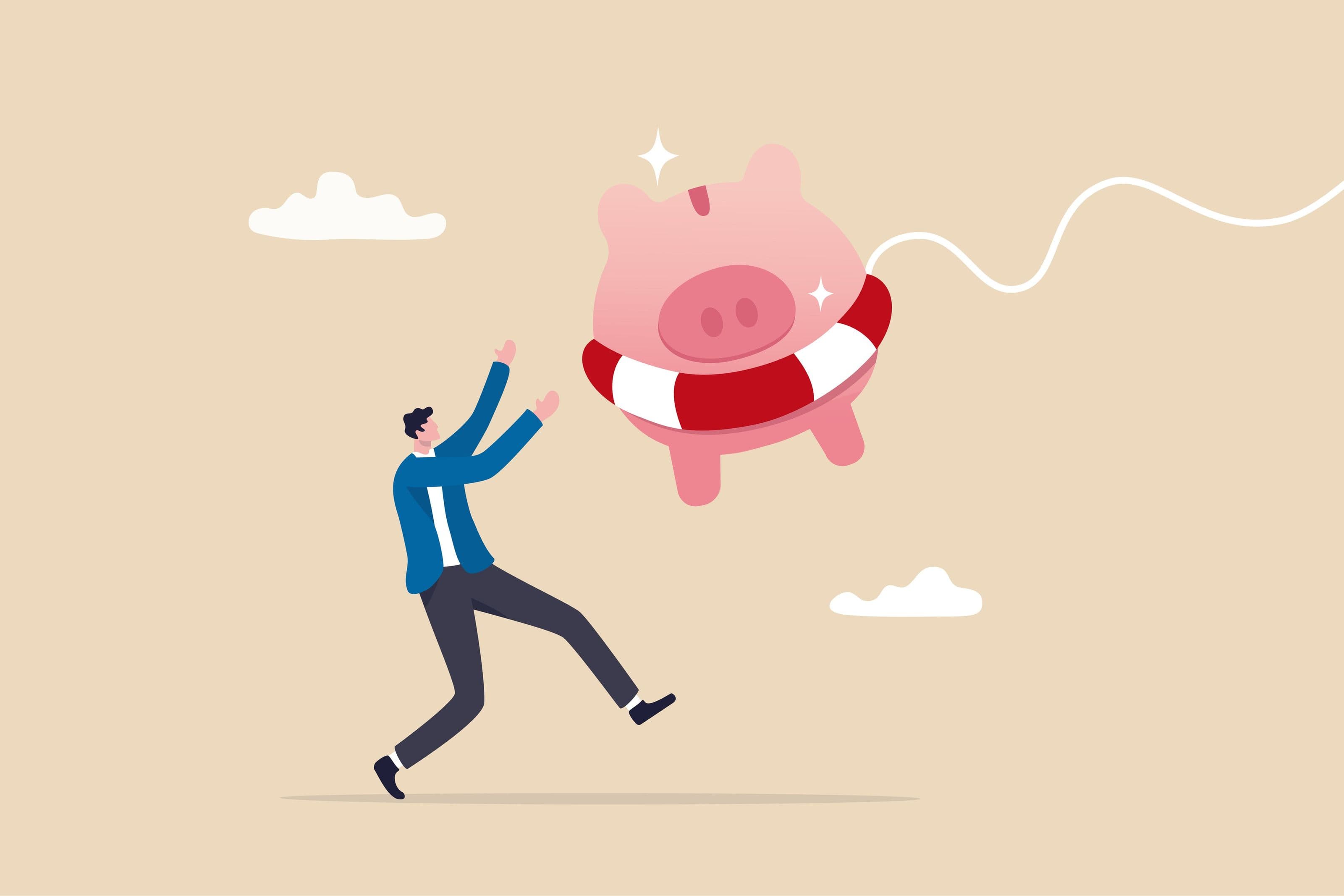
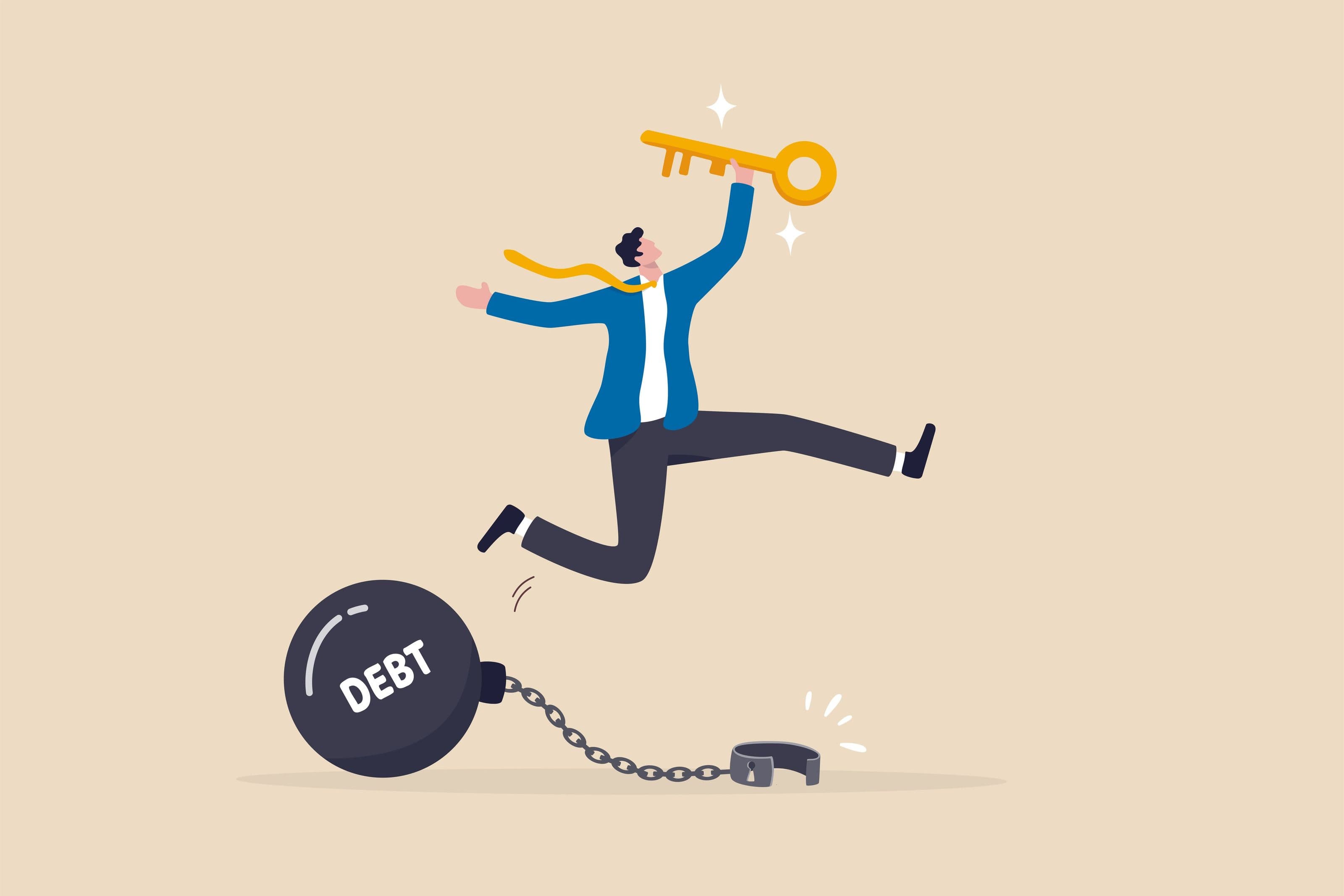
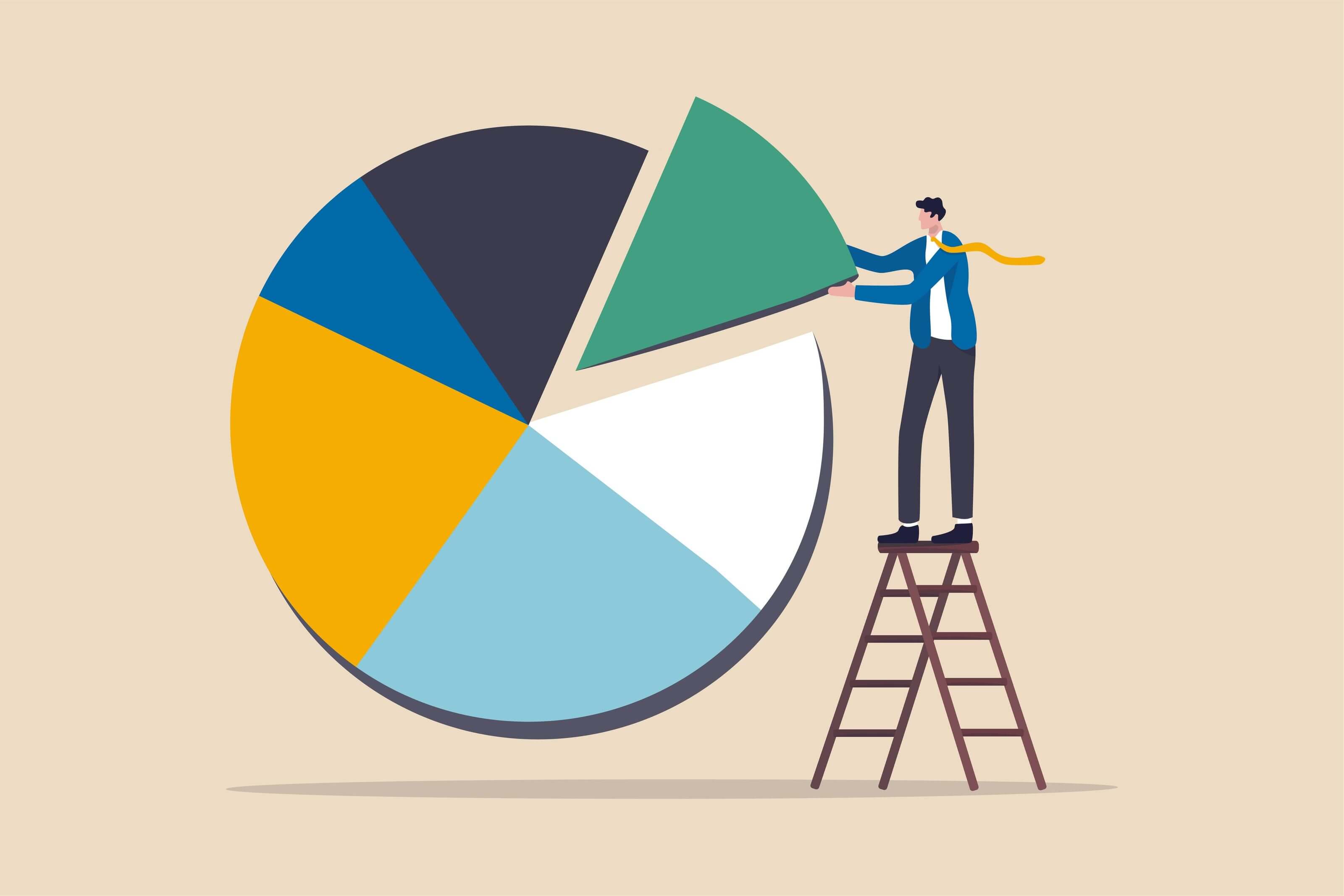
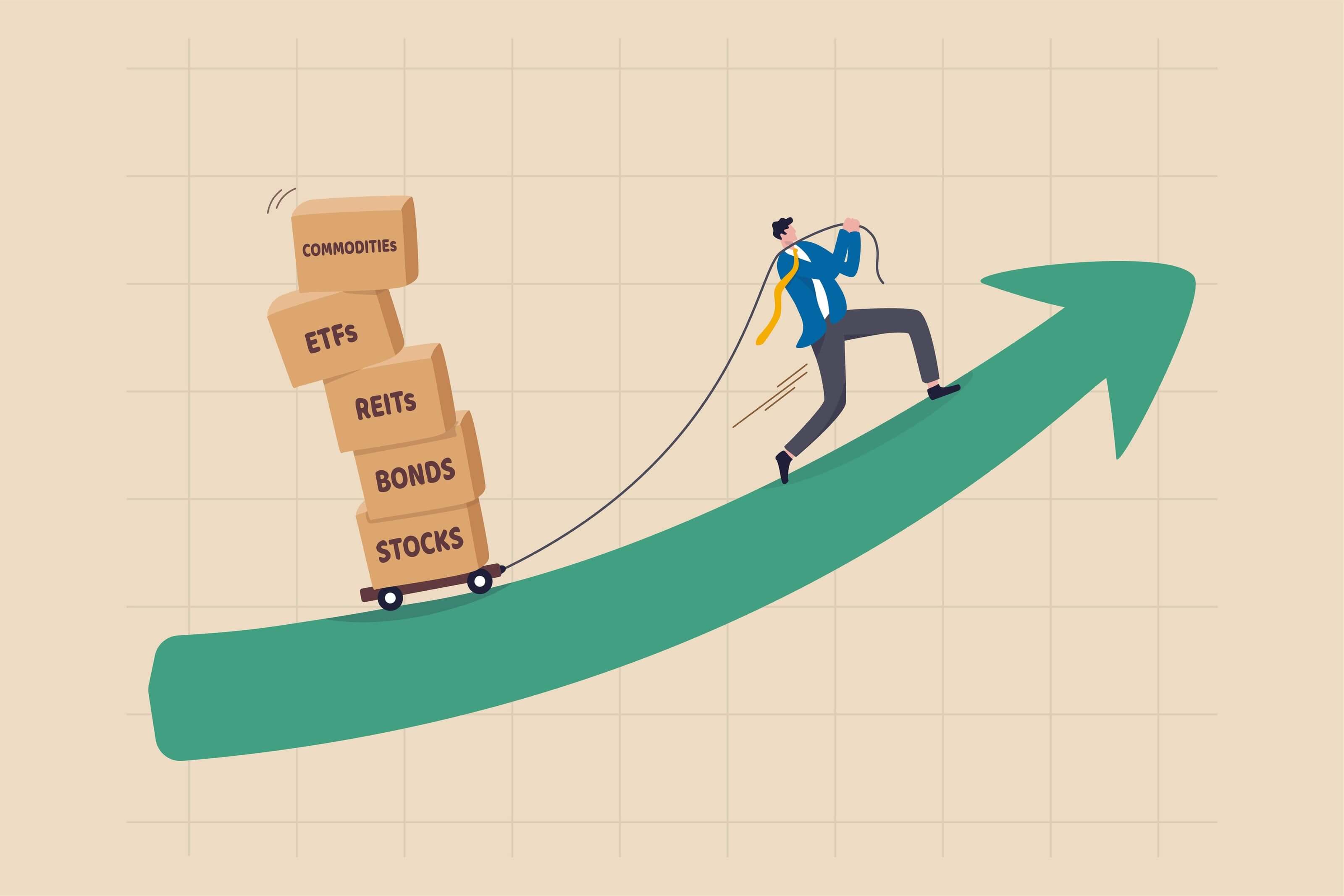

Although economic downturns are a normal part of the economic cycle, you should still be prepared for them when they occur. Here are 5 tips to set you on the path.




